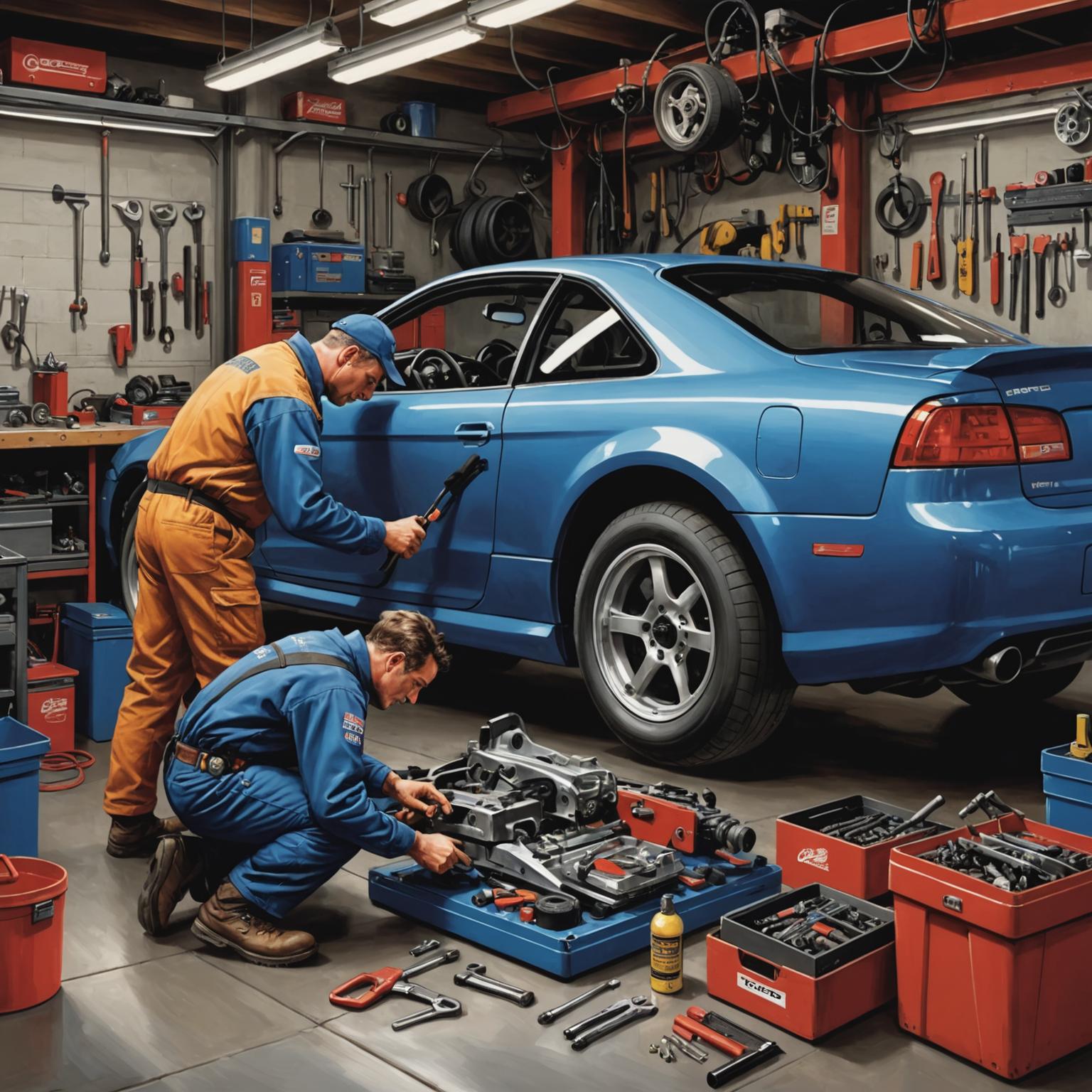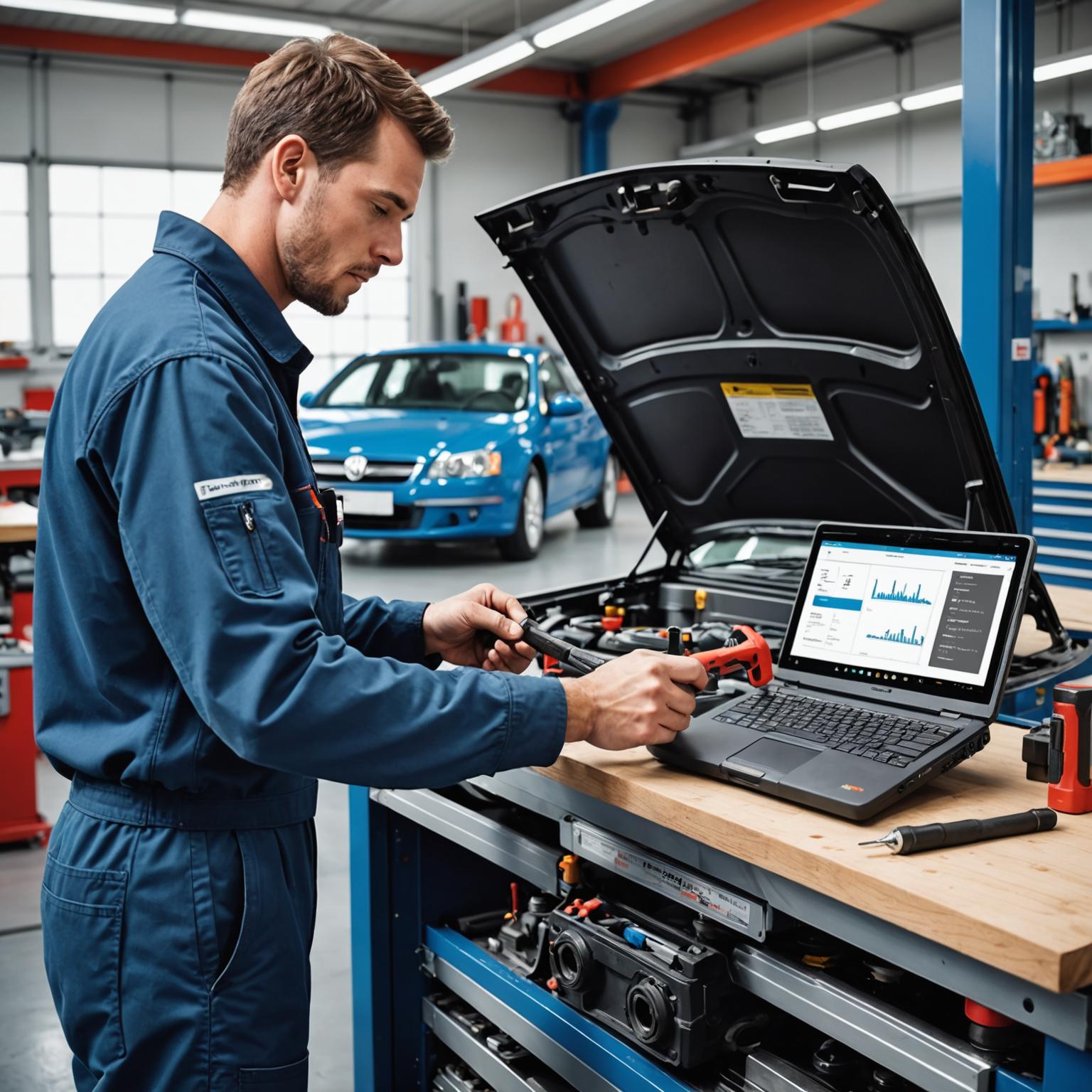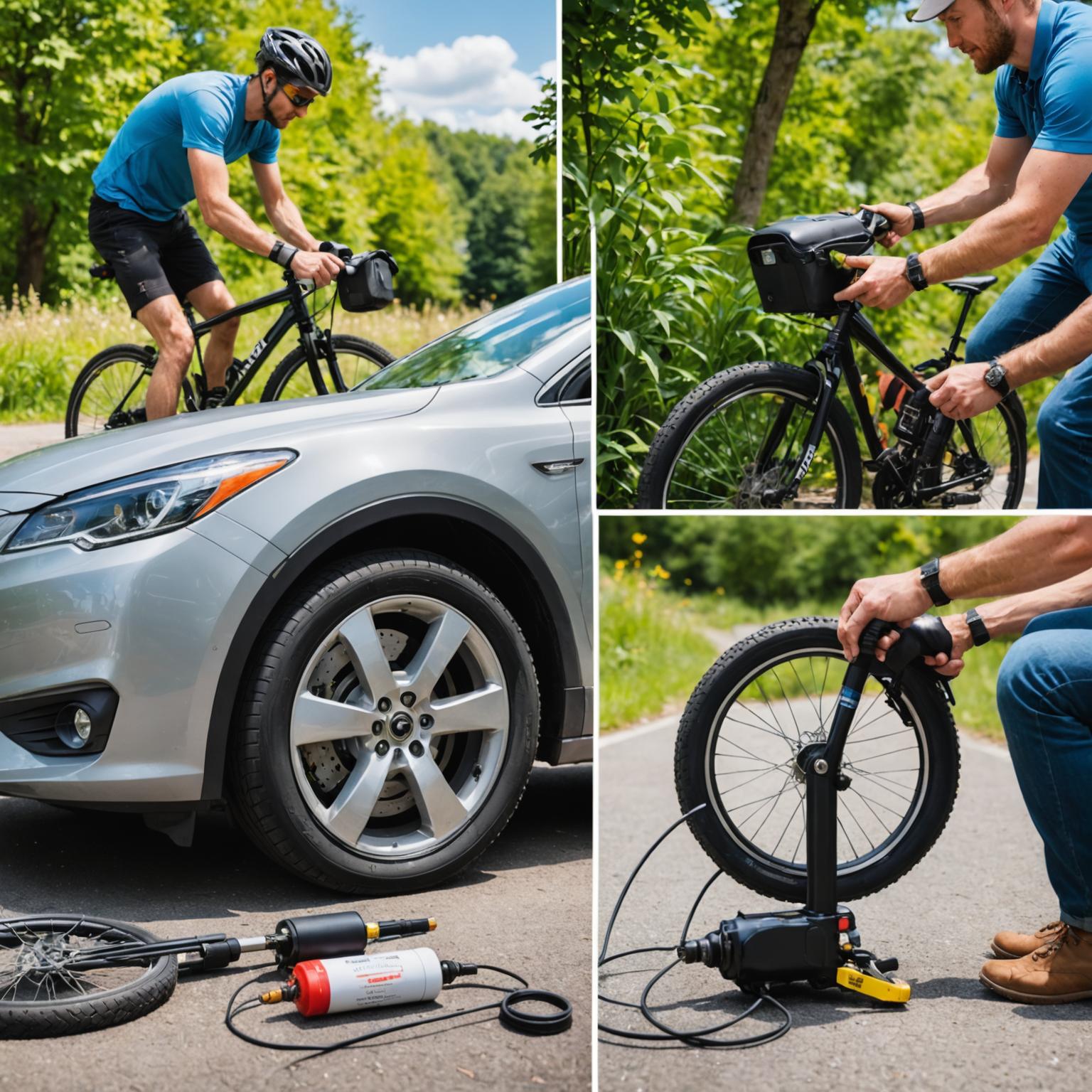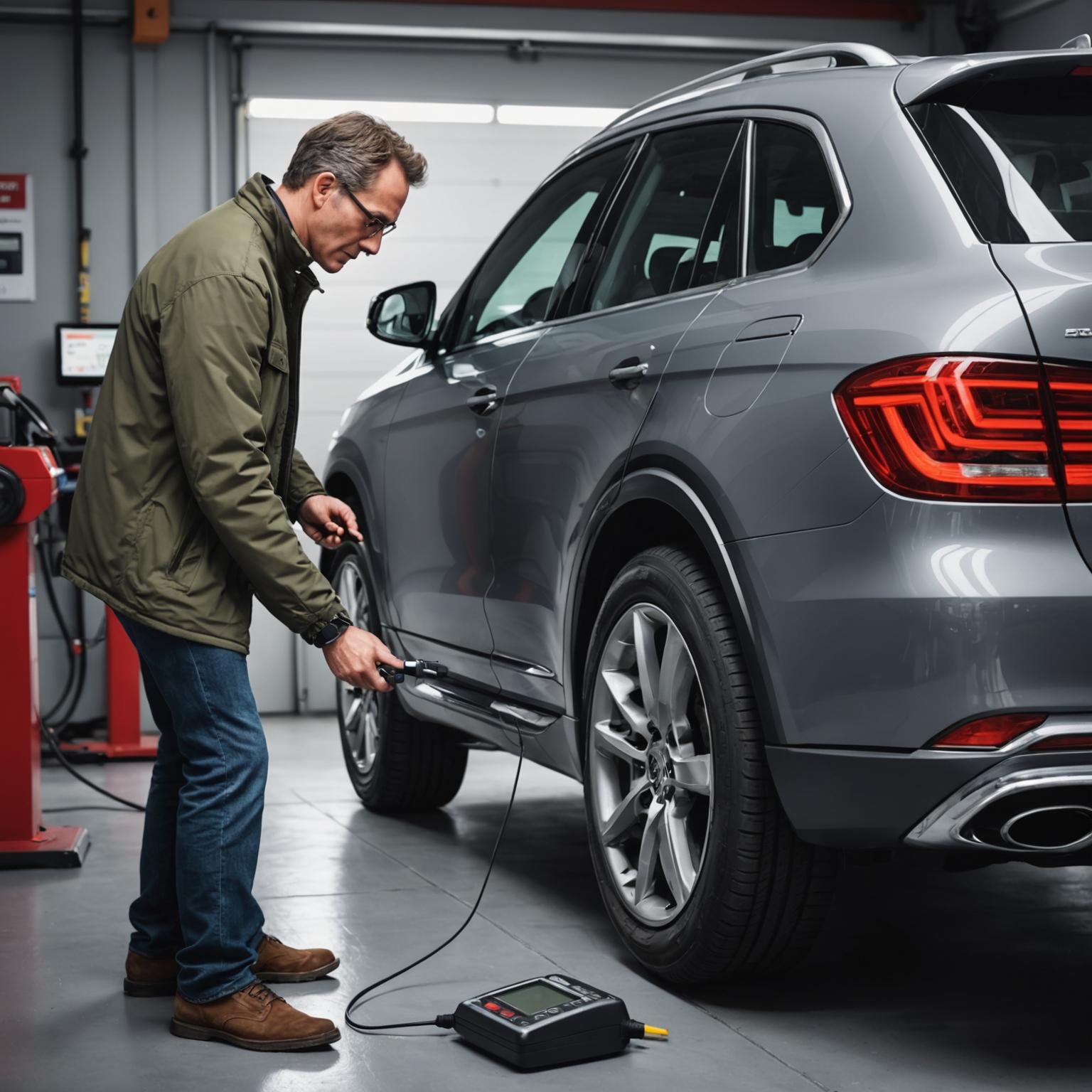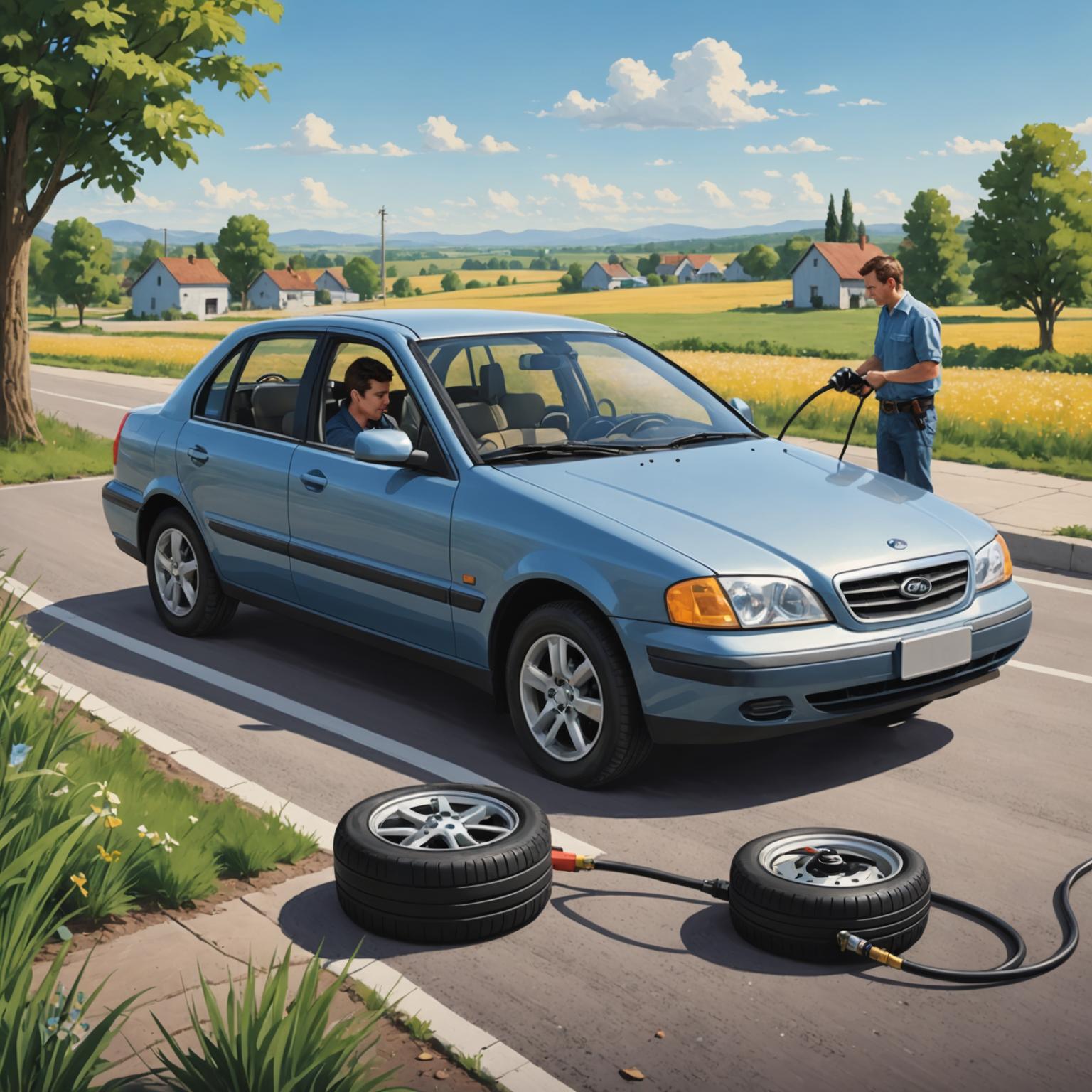Torque wrenches are essential tools in any mechanical or automotive workshop, ensuring that bolts and nuts are tightened to precise specifications to prevent damage or failure. Imagine working on a critical repair, only to discover that a fastener has stripped or loosened due to incorrect torque application—this is a common problem that can lead to costly errors, safety hazards, and downtime. By using the right torque wrench, professionals and DIY enthusiasts can address these issues effectively, maintaining accuracy and reliability in their projects. In this article, we'll explore various types of torque wrenches and how they solve real-world problems, from selecting the best options to understanding calibration needs.
Understanding the Problem with Improper Torque Application
One of the primary challenges in mechanical work is achieving the exact level of tightness required for different materials and components. Over-tightening can cause threads to strip or materials to crack, while under-tightening might result in parts coming loose during operation. This is where best torque wrenches come into play, offering a solution by allowing users to set and monitor specific torque values. Digital torque wrenches, for instance, provide precise readings through electronic displays, eliminating guesswork and reducing the risk of errors. By integrating technology into everyday tools, workers can ensure consistency across projects, whether they're assembling engines or constructing furniture. Mechanical torque wrenches also serve as a reliable alternative, using internal mechanisms to signal when the desired torque is reached, making them ideal for environments where electronics might not be practical.
Exploring Digital Torque Wrenches as a Modern Solution
Digital torque wrenches have revolutionized the way professionals handle torque applications by incorporating advanced features like audible alerts, LED displays, and memory functions. The problem of human error in torque measurement is significantly mitigated with these tools, as they provide real-time feedback and store data for future reference. For example, in automotive repair, where precision is crucial for engine components, a digital torque wrench can prevent issues like bolt shearing in high-vibration areas. Click torque wrenches, on the other hand, offer a more traditional yet effective approach, emitting a audible click when the preset torque is achieved, which helps users avoid overexertion. This type of wrench is particularly useful in assembly lines, where speed and accuracy are both priorities. Torque wrench calibration is another key aspect to consider, as even the best tools need regular checks to maintain their accuracy over time, ensuring they continue to solve the ongoing problem of inconsistent fastening.
The Benefits of Click and Mechanical Torque Wrenches in Everyday Use
Click torque wrenches are favored for their simplicity and durability, making them a go-to solution for problems involving repetitive tasks in manufacturing or maintenance. Unlike their digital counterparts, they don't rely on batteries, which means they're less prone to failure in remote or harsh environments. Mechanical torque wrenches build on this by using internal springs and gears to deliver consistent results, addressing the challenge of varying torque needs across different materials, such as soft metals versus hard alloys. For instance, in construction, where torque requirements can vary greatly, these wrenches help prevent structural failures caused by improper installation. Best torque wrenches often combine elements of both digital and mechanical designs, offering versatility that caters to a wide range of users. Torque wrench calibration plays a vital role here, as it ensures that these tools remain accurate, solving the potential issue of tool degradation over time and extending their lifespan.
Comparing Options: Which Torque Wrench Suits Your Needs?
When selecting the right torque wrench, it's essential to weigh the pros and cons of each type to effectively solve your specific problems. Digital torque wrenches excel in scenarios requiring high precision and data logging, such as in aerospace or precision engineering, where even minor deviations can lead to catastrophic failures. However, they might be overkill for basic home repairs, where a click torque wrench provides sufficient accuracy at a lower cost. Mechanical torque wrenches are ideal for rugged applications, like outdoor machinery maintenance, as they withstand dust, moisture, and extreme temperatures better than digital models. The best torque wrenches are those that balance features with practicality, helping users avoid the common pitfall of investing in tools that are too complex for their needs. Additionally, regular torque wrench calibration is crucial to maintain performance, addressing the problem of tool inaccuracy that can arise from wear and tear, and ensuring compliance with industry standards.
Tips for Maintenance and Calibration to Ensure Long-Term Reliability
Proper maintenance of torque wrenches is key to resolving ongoing issues related to tool performance and longevity. Torque wrench calibration should be performed at least annually or after heavy use, using certified equipment to verify accuracy and adjust as needed. This practice directly tackles the problem of drifting torque settings, which can compromise the integrity of assembled components. For digital torque wrenches, keeping firmware updated and batteries charged prevents unexpected shutdowns during critical tasks. Click and mechanical torque wrenches benefit from regular lubrication and storage in protective cases, minimizing the risk of damage that could affect their clicking mechanism or internal components. By adopting these habits, users can extend the life of their tools and avoid the frustrations associated with faulty equipment. Ultimately, investing in the best torque wrenches and adhering to calibration routines not only enhances safety but also improves efficiency in various applications.
Conclusion: Empowering Your Projects with the Right Tools
In summary, torque wrenches are indispensable for overcoming the challenges of precise fastening in mechanical and industrial settings. From the advanced capabilities of digital torque wrenches to the straightforward reliability of click and mechanical options, there's a solution for every problem. Regular calibration ensures that these tools remain effective, helping you maintain high standards in your work. By choosing the best torque wrenches suited to your needs, you can prevent common issues like component failure and enhance overall productivity. Whether you're a professional mechanic or a hobbyist, integrating these tools into your toolkit will lead to better results and fewer headaches, making every project a success.

